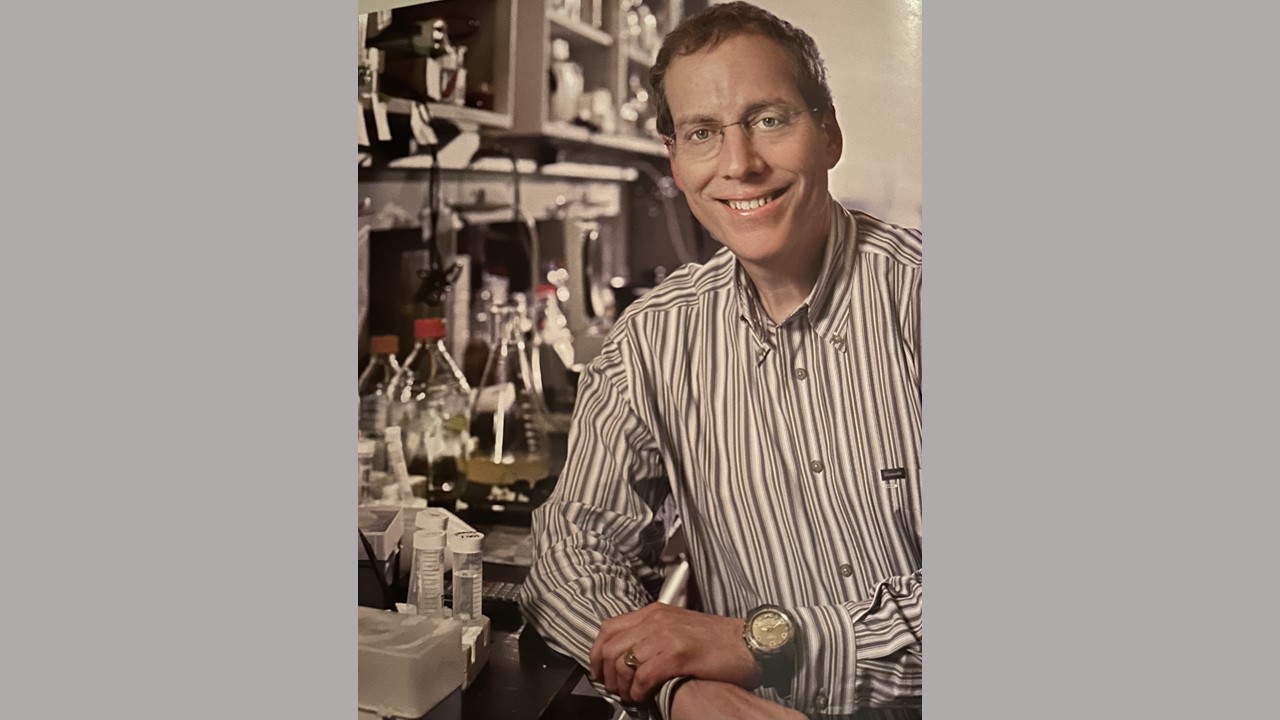
It is now widely understood that cancer is a disease of acquired defects in genes and gene function. An article published online Feb. 9 in Science, and authored by Andrew Feinberg, M.D., of the Johns Hopkins Kimmel Cancer Center and the Institute for Basic Biomedical Sciences (IBBS) and Andre Levchenko, Sc.D., M.S., of the Yale School of Engineering and Applied Science, addresses new quantitative approaches to better define and measure these defects in gene function, known as epigenetics, and their interplay with the genetic landscape of cancer.
Epigenetics and its ability to turn genes on and off through chemical changes to regions of genes and the way DNA is packaged inside the cell nucleus is a key feature of many biological processes, such as embryo development. In cancer development, Feinberg explains, epigenetic changes promote phenotypic plasticity, the continued change in tumor cell behavior that helps cancer invade surrounding tissue, metastasize to other organs and evade natural defenses — such as the immune response — and chemotherapy. In cancer, this plasticity portends the malignant cell’s ability to change states to invade other cells and tissue throughout the body and to maintain survival.
Mathematics has provided powerful tools to connect phenotypic plasticity in cancer to the epigenetic changes that drive it. In particular, the measurement of entropy (the uncertainty of information) can now be applied to epigenetics. As cancers develop, the epigenetic information controlling cell behavior is eroded, and we can identify the locations in the epigenome where this occurs and the genes that drive this increased entropy, says Feinberg.
“New methods in quantitative analyses of the cancer epigenetic landscape now provide the tools to understand the connections between genetics and other drivers of cancer development and growth and the relationship to epigenetic regulatory networks that mediate the landscape,” adds Feinberg, Bloomberg Distinguished Professor of Medicine at the Johns Hopkins University School of Medicine, Whiting School of Engineering and Bloomberg School of Public Health.
New technologies that integrate cancer biology and mathematics may make it possible to distinguish cancer cells from normal cells, and to quantify and measure the epigenetic modulation of cells states and how it influences the behavior of cells, the article reports.
“If we understand these processes, we might be able to identify chemical changes that occur only in cancer cells to diagnose cancer better and earlier and predict its behavior, so we can intervene with more targeted therapies,” says Feinberg, director of the IBBS epigenetics center. “These quantitative approaches must be part of the cure. We can’t understand cancer without them.”
More information, including a copy of the paper, can be found online at the Science press package at https://www.eurekalert.org/press/scipak/. To interview Feinberg about the Science review article, send an email to Amy Mone at [email protected] or Valerie Mehl at [email protected].
